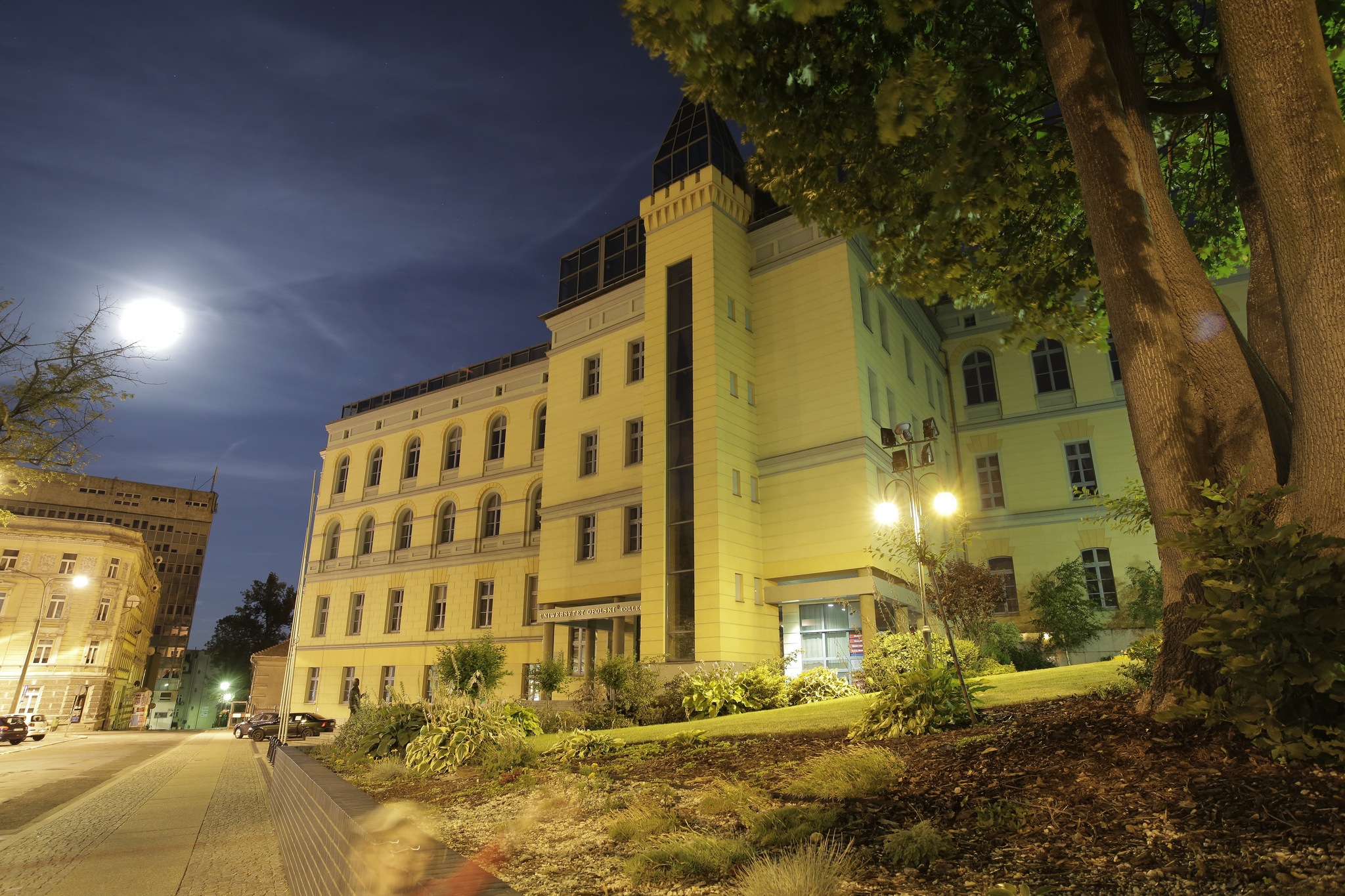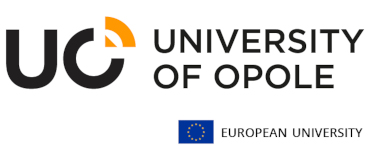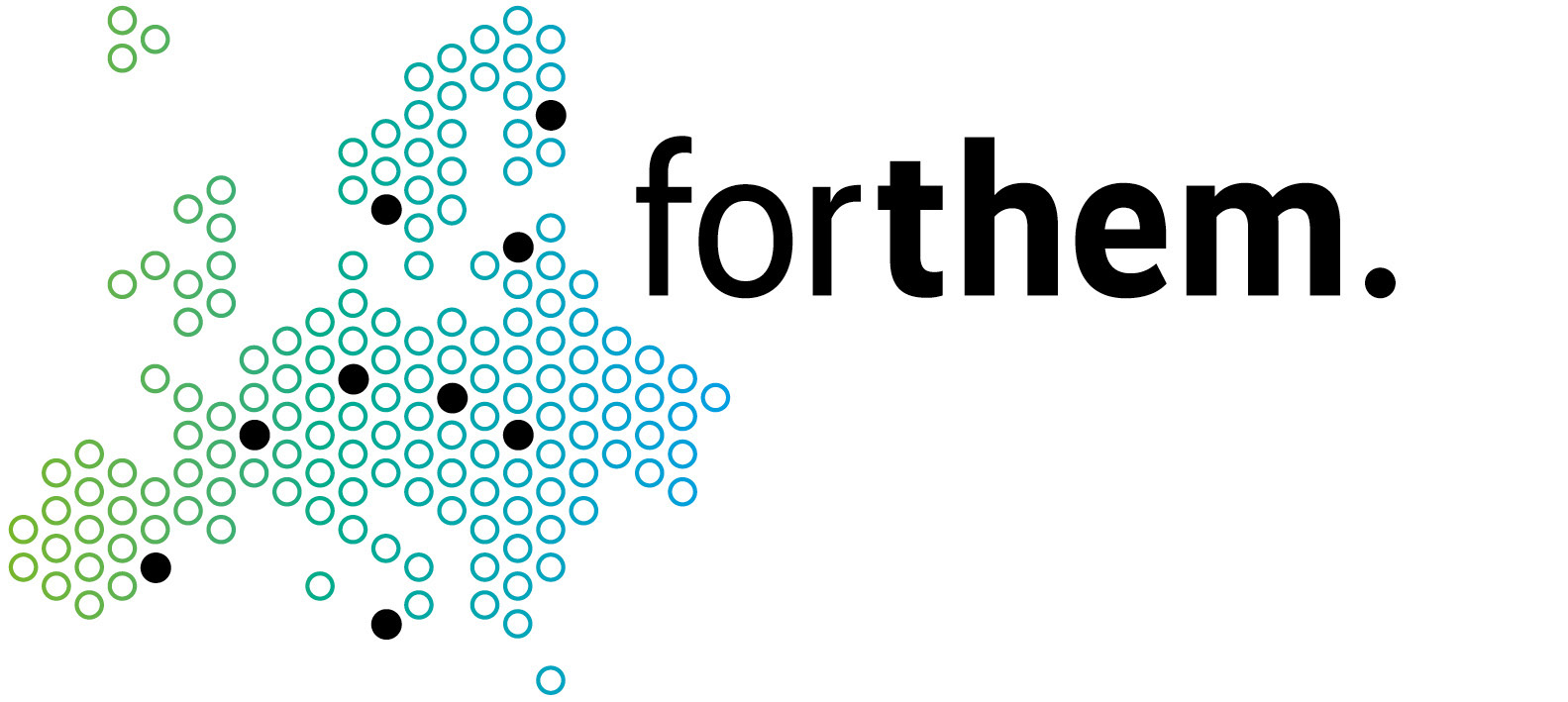Institute of English

The Institute of English at the University of Opole was officially founded on October 1st, 1978, which was a result of the growing demand of teachers and other specialists in the field of English. Despite modest beginnings with only five academic teachers, the Institute has become a strong academic centre educating hundreds of students over the years. Currently, there are employed 28 academic teachers including 10 professors, who continuously develop professionally. The Institute comprises four departments: Department of the English Language, Department of Applied Linguistics, Department of Literature, and Department of Anglophone Cultures. To ensure a high quality of education in the Institute, all our academic teachers regularly participate in trainings and specialist conferences in Poland and abroad. The Institute follows strictly the guidelines of European Credit Transfer System (ECTS), which makes it possible for our students to choose and visit a foreign university as a host for one or two semester English study programmes within ERASMUS. Our partners are in Spain, Greece, Turkey and Cyprus. We also host students coming from these academic centres.
Research:
Academics in the Institute of English pursue research in the field of literary studies, culture studies, translation studies, linguistics and applied linguistics. Literary and culture studies concentrate on prose and poetry of British, American, Irish and Canadian writers, mainly of 19th and 20th centuries. Interdisciplinary studies of literature and culture or fine arts, style and translation studies are also undertaken. Linguistic studies focus on discourse analysis, composition studies, corpus linguistics, bilingualism, lexicography, and syntax, among others. Applied linguistics studies investigate affective, cognitive and social aspects of language acquisition including learning disabilities, reading and writing skills, reflectivity, gender, and pronunciation, among others.
Our research partners are numerous:
Paul Thompson, University of Birmingham (UK),
Elaine Vine, Victoria University of Wellington (New Zealand),
Katarzyna Witkowska-Stadnik, Illinois State University (USA),
Angel Alonso, University de Vic (Spain),
Cambridge University,
University College London,
Lancaster University, Department of Linguistics and English Language (UK),
Dong Hwa University in Hualien (China),
Taiwan Humanities Society,
Research Centre for Natural Sciences, Hungarian Academy of Sciences, Institute of Cognitive Neuroscience and Psychology (Hungary),
Masaryk University, Faculty of Education, Department of English Language and Literature (Czech Republic),
VHS -Volkshochschule im Landkreis Cham e.V. (Germany),
BEST Institut fur berufsbezogene Weiterbildung und Personaltraining GmbH (Austria),
University of Matej Beli in Banska Bystrzyca (Slovakia),
Vrije Universiteat, Brussels (Belgium),
TAK - Towarzystwo Alternatywnego Kształcenia (Opole).
Moreover, the Institute of English cooperates with local junior high and high schools.
Study programmes:
All courses offered at our institute are conducted in English.
English Philology:
Studying English Philology at BA level, the students gain knowledge of language, literature, culture and history of English-speaking countries as well as practical language skills at a high C1 proficiency level. The students may choose one of the following specialities: 1. English and Cultural Studies, 2. English and Spanish, 3. Translation Studies, 4. Business English, and 5. English and Chinese. BA studies finish with a BA defense and a BA degree.
Studying English Philology at MA level, apart from developing their practical language skills at a high C2 proficiency level, the students deepen their knowledge of selected specialist fields of liberal arts education: Literature, Culture and history of English-speaking countries, Linguistics, or Applied Linguistics supplemented with teacher training module. Students who choose applied linguistics with teacher training specialization gain additional qualifications for teaching English at all educational levels. MA studies finish with an MA defense and an MA degree.
English in Public Communication:
The English in Public Communication BA program is an excellent opportunity for the students who would like to be able to face challenges of a highly competitive job market in an increasingly global society. The program offers an integrated approach to public communication in such domains as politics, culture, society, management, business, and technology. All the courses offered within the program are instructed in English. Practical English courses comprising reading, listening, speaking, and grammar are designed to develop the students’ language skills and help them attain a high level of proficiency in English. Subject courses, including Public Communication and Public Relations, Cultural and Media Studies, Persuasion and Rhetoric, Communication as Critical Inquiry, or Intercultural Communication, develop and broaden the students’ knowledge and skills in analysing various communicative situations, managing information, and creating effective messages in a variety of media.
English in Public Communication is an innovative study program developed in cooperation with a number of institutes at Opole University, namely the Institute of English, the Institute of Polish, the Institute of Political Sciences, and the Institute of Sociology. Hence, the courses on offer are taught by highly experienced and qualified specialists in a given discipline. As the program is a comprehensive approach to public communication, it not only acquaints the students with a range of theoretical issues but, more importantly, aims to increase the students’ communicative abilities. Specifically, the students will learn to communicate effectively using various technologies and to develop their abilities to cooperate with others. Moreover, they will be given opportunities to recognize, increase and demonstrate their leadership potential.
Applied Gender Studies:
The master program of Applied Gender Studies is based in the Faculty of Philology at the Institute of English. The linguistic and humanistic expertise is supported by the social science approach of the Institute of Sociology. The complementary structure allows for the interdisciplinary and multilevel approach to the gender related issues of language, communication, culture, society, or identity. Since the very nature of the topic is performative or is communicated visually, the artists contribute to the course as well. Both theoretical and practical classes in the visual culture are provided by the Institute of Art of Opole University. Several classes are to be carried out by experts outside of academia for more practical and applied perspective. These include the local but recognized in Europe theatre, regional governing bodies or transnational corporate business that in turn act also as training venues or case studies for the students.
Future careers:
English Philology students finish their studies with strong communication skills in English in writing and speaking, ability to search for information in various sources, to analyze and synthesize information, and to work effectively both independently and in teams. They are well prepared for a career in, for example: translation and interpretation bureau, public relations, publishing houses, advertising agencies, fundraising organizations, commercial, corporate or other business institutions, research institutes, schools at all educational levels, many other fields that require good knowledge of English and liberal arts education.
Holding a BA degree in English for Public Communication and being highly trained professional communicators with an excellent command of English, our graduates can find employment in a broad range of fields involving public communication, such as advertising, journalism, publishing, public relations and public affairs, business communication, marketing, and education. They may also be employed in public administration on a regional, national or international level or work for cultural institutions, corporations or NGOs.
Graduates of Applied Gender Studies are meant to be engaged in the public institutions, culture organizations, NGOs, corporate businesses, education sites or various media outlets being conscious and well equipped gender theorists well prepared to challenge inequalities, discrimination, limited life chances, symbolic violence or biased legal regulations and both official and everyday practice of gender performances that lead to the former.
For more information on the admission procedure and related issues click:
https://rekrutacja.uni.opole.pl/katalog.php?op=info&id=1-FANG-D3&kategoria=&lang=en
https://rekrutacja.uni.opole.pl/katalog.php?op=info&id=1-FANG-D2&kategoria=&lang=en
https://rekrutacja.uni.opole.pl/katalog.php?op=info&id=1-EPC-D3&kategoria=#daty_zapisow
https://rekrutacja.uni.opole.pl/katalog.php?op=info&id=1-FAGS-D2&kategoria=
CONTACT:
Institute of English, University of Opole Collegium Maius pl. Kopernika 11 45-040 Opole Poland
Phone:+48 77 541-59-23
E-mail: ifa@uni.opole.pl
https://rekrutacja.uni.opole.pl/dokumenty.php?op=info&id=108&lang=en
http://ifa.uni.opole.pl/show.php?id=92&lang=en&m=3

